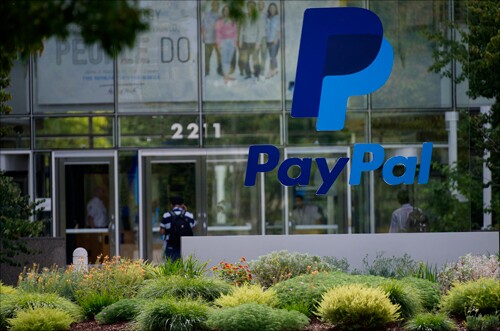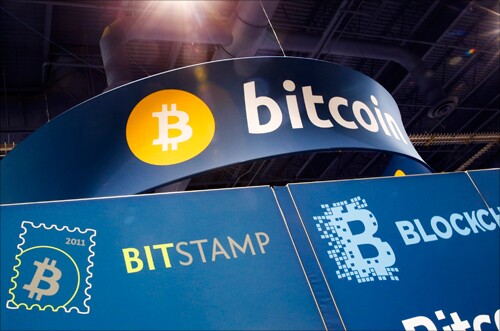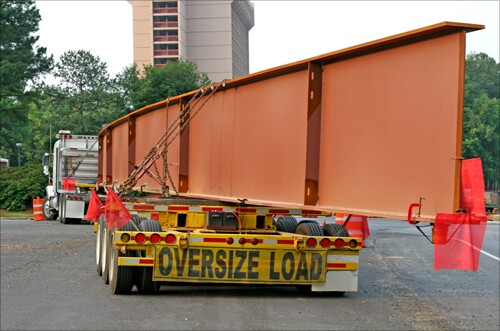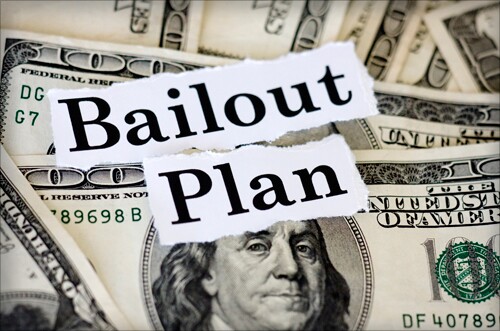

On the PayPal's $25 million settlement with the Consumer Financial Protection Bureau for allegedly forcing its credit product on customers without their consent:
Related Article:

On what would happen if Starbucks were regulated like banks:
Related Article:

On how the case against PayPal refutes claims that fintech companies should be allowed to thrive without heavy regulation:
Related Article:

On the argument that regulators should include banks' implicit subsidies in their assessments of which institutions are systemically important:
Related Article:

On whether Sen. Richard Shelby's regulatory relief bill goes too far in its proposed changes to Dodd-Frank (<a href="https://twitter.com/MarkCalabria/status/601135986505056256" target="_blank">via Twitter</a>):
Related Article:

On how to deal with "too big to fail" banks:
Related Article:

In response to a claim that currencies like Bitcoin that are untethered to central banks or governments tend to be more volatile (<a href="https://twitter.com/lightcoin/status/601051388496334848/photo/1?cn=ZmF2b3JpdGVfbWVudGlvbmVkX3VzZXI%3D&refsrc=email" target="_blank">via Twitter</a>):
Related Article:

On a potential pitfall in the design of the Bitcoin blockchain:
Related Article:

In response to the argument that big banks, like big government and big houses, are necessarily riskier than smaller options because it's harder to keep track of problems:
Related Article:

On whether big banks are actually using their vast resources to coordinate and trouble-shoot:
Related Article:

On how improving big banks' technology systems could help prevent future failures:
Related Article:

On two lawsuits claiming that Wells Fargo employees engaged in high-pressure tactics to cross-sell products and opened accounts for customers without their knowledge:
Related Article:

On whether regulatory efforts to end TBTF actually wind up entrenching the problem:
Related Article:





